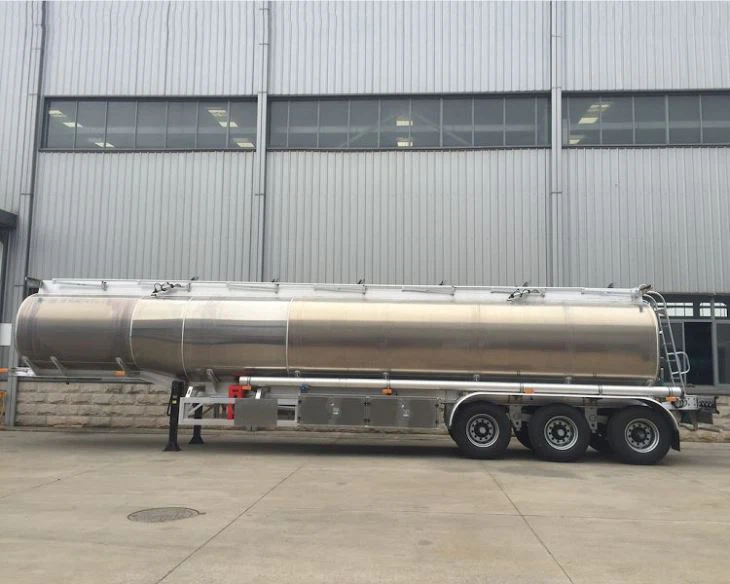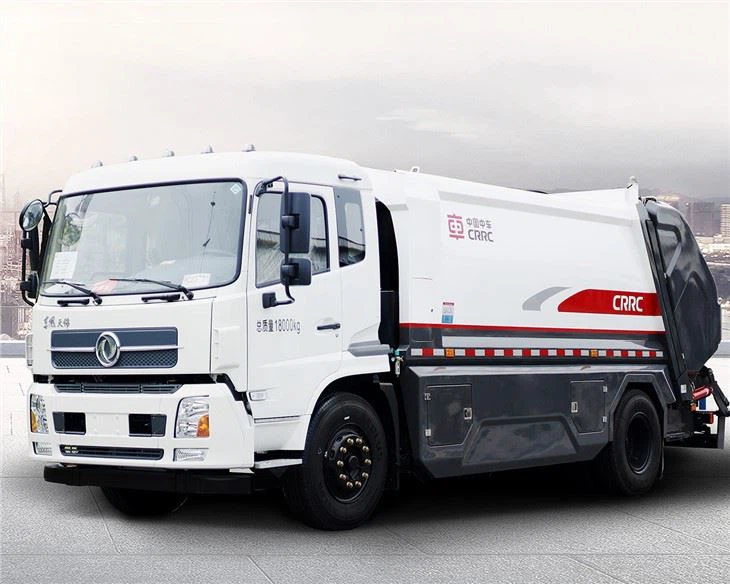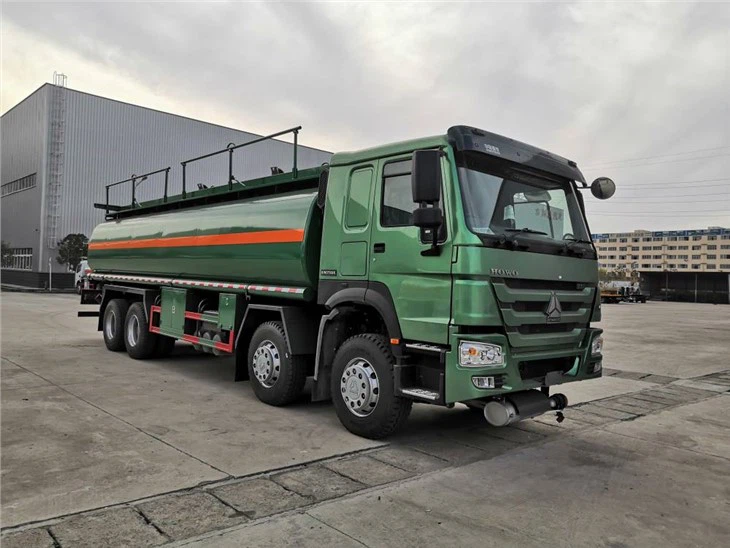Exploring the World of Japanese Truck Brands

Japan has long been synonymous with quality engineering, innovation, and durability in the automotive sector. When it comes to trucks, Japanese brands have significantly influenced the global market with their reliability and advanced technology. This article delves into the most prominent Japanese truck brands, their histories, product offerings, and what sets them apart in the competitive landscape of truck manufacturing.
The Legacy of Japanese Truck Brands
Japanese truck manufacturers have built a solid reputation over the years. The country’s commitment to quality workmanship and technology has resulted in trucks that are not only powerful but also efficient and environmentally friendly. Brands such as Hino, Isuzu, Mitsubishi Fuso, and Nissan have established their mark both locally and internationally, offering diverse models tailored to various needs.
The Growth of Japanese Truck Manufacturing

Since the post-World War II era, Japan has seen a rapid expansion in its manufacturing capabilities. The demand for transportation led to the establishment of numerous truck brands, each trying to carve out a niche. Today, Japanese trucks are known for their robustness, fuel efficiency, and innovative features.
Top Japanese Truck Brands
1. Hino Motors
Founded in 1942, Hino Motors is one of the leading manufacturers of commercial vehicles in Japan. It specializes in medium to heavy-duty trucks and is a subsidiary of Toyota Motor Corporation.
Popular Models
- Hino 268
- Hino 338
- Hino 195
Key Features
Hino trucks are known for:
- Fuel efficiency
- Advanced safety systems
- Durability in various conditions
2. Isuzu Motors
Founded in 1916, Isuzu has a long history of producing reliable and efficient trucks. It is particularly well-known for light-duty trucks and diesel engines.
Popular Models
- Isuzu N-Series
- Isuzu F-Series
- Isuzu NPR

Key Features
Isuzu trucks are characterized by:
- High fuel efficiency
- Variety of body styles
- Strong after-sales support
3. Mitsubishi Fuso
Mitsubishi Fuso, a part of Daimler AG, has been in the truck manufacturing business since 1932. The Fuso line includes light-, medium-, and heavy-duty models.
Popular Models
- Mitsubishi Fuso Canter
- Mitsubishi Fuso FJ
- Mitsubishi Fuso Fighter
Key Features
The brand is notable for:
- Robust design for various applications
- Good turning radius and visibility
- Eco-friendliness with low emissions
4. Nissan Diesel
Nissan Diesel was established in 1942 and is now known as UD Trucks Corporation. It focuses on medium to heavy-duty trucks and is a subsidiary of Volvo Group.
Popular Models
- UD Quon
- UD Condor
- UD Croner
Key Features
UD trucks offer:
- Strong payload capabilities
- Advanced technology for fuel optimization
- Comfortable driver ergonomics
5. Toyota Tundra and Tacoma
While known primarily for passenger vehicles, Toyota has made significant strides in the truck market with the Tundra and Tacoma models, blending practicality with their famed reliability.
Popular Models
- Toyota Tundra
- Toyota Tacoma
Key Features
These trucks are recognized for:
- Robust towing capacity
- Advanced safety features
- Variety of trim levels and configurations
Technical Innovations in Japanese Trucks
Japanese truck manufacturers are at the forefront of technological advancements, implementing innovative features that enhance performance and safety.
Fuel Efficiency and Hybrid Technology
Many Japanese brands are embracing hybrid technology to improve fuel efficiency and reduce emissions. For instance, Hino’s hybrid trucks are designed to lower fuel consumption significantly.
Advanced Safety Systems
Safety is paramount, and Japanese brands include features like collision avoidance systems, lane departure warnings, and adaptive cruise control in many of their models.
Telematics and Connectivity
Telematics systems provide real-time data regarding vehicle performance, enabling fleet managers to optimize routes and improve efficiency. Brands like Isuzu are leading the charge in this domain.
Choosing the Right Japanese Truck
Understanding Your Needs
Whether you need a truck for urban delivery, heavy-duty hauling, or construction, identifying your requirements is the first step.
Budget Considerations
Evaluate total cost of ownership, including purchase price, fuel consumption, insurance, and maintenance costs when choosing a truck.
Investigating After-sale Services
Consider the availability of spare parts and the reputation for after-sale service when selecting a truck brand. Proper support can enhance the longevity of your investment.

Market Trends in Japanese Truck Manufacturing
Shift Towards Electric Vehicles
The global focus on sustainability has pushed Japanese truck manufacturers to invest heavily in electric trucks, enabling efficient and eco-friendly transportation solutions.
Global Expansion**
Japanese truck brands are increasingly entering various international markets, adapting their offerings to meet local demands and regulations.
Improved Vehicle Customization
As customer preferences evolve, manufacturers are focusing on customizable options, catering to specific business needs and enhancing user experience.
Practical Examples of Japanese Trucks in Use
Delivery Operations
Isuzu’s N-Series trucks are widely used by delivery companies in urban areas due to their compact size and excellent maneuverability.
Construction Projects
Mitsubishi Fuso trucks are a common sight on construction sites where heavy lifting and durability are essential.
Agricultural Applications
Hino trucks are often employed in agriculture for transporting goods, thanks to their payload capacity and reliability.
FAQs
1. Which Japanese truck brand is known for fuel efficiency?
Isuzu is prominently known for its fuel efficiency, especially within its N-Series models.
2. Are Japanese trucks suitable for heavy-duty applications?
Yes, brands like Hino and Mitsubishi Fuso offer models specifically designed for heavy-duty applications.
3. Is it worth investing in a Japanese electric truck?
Yes, investing in a Japanese electric truck can provide long-term savings through reduced fuel costs and lower emissions.
4. How can I find a reliable Japanese truck dealer?
Research online reviews, check manufacturer websites for authorized dealers, and seek recommendations from current truck owners.
5. Do Japanese trucks come with warranty options?
Most Japanese truck brands offer warranty options, covering parts and components, but the specifics vary by manufacturer and region.
6. What are the typical maintenance costs for Japanese trucks?
Maintenance costs vary based on the model and usage but are generally lower due to the reliability of Japanese trucks.
